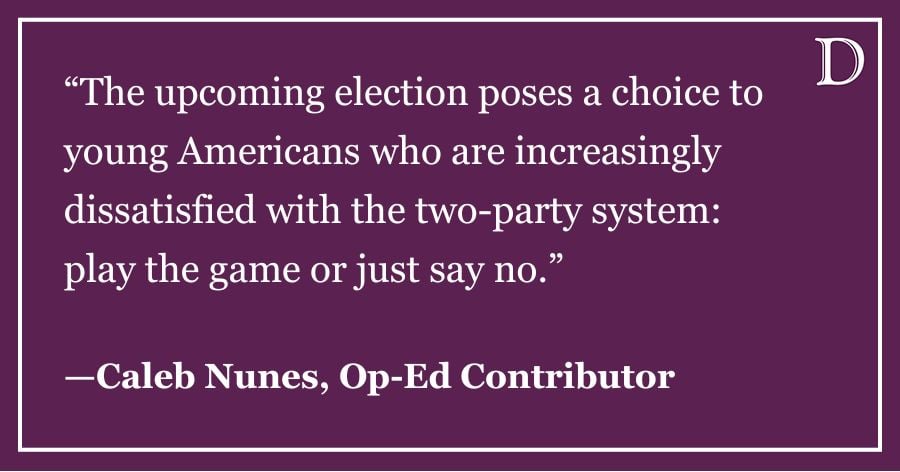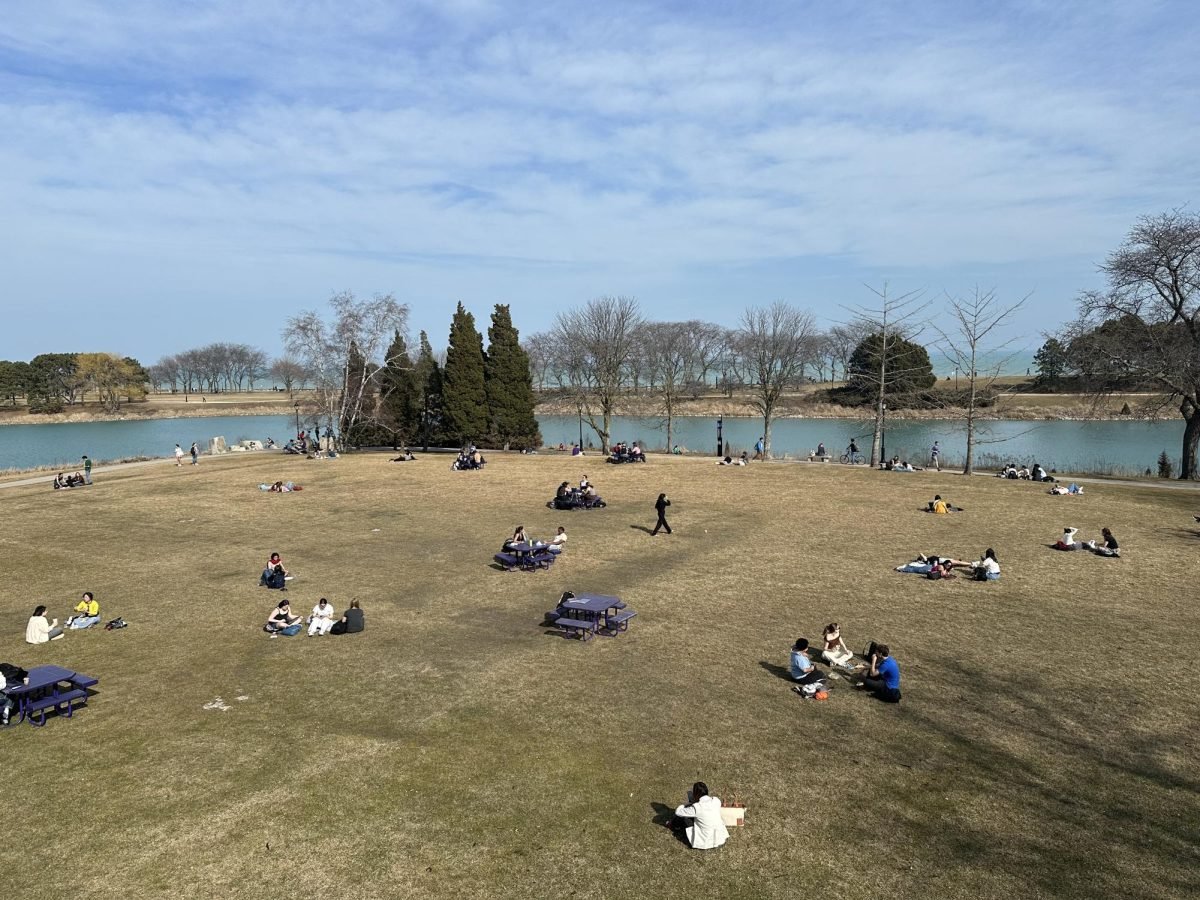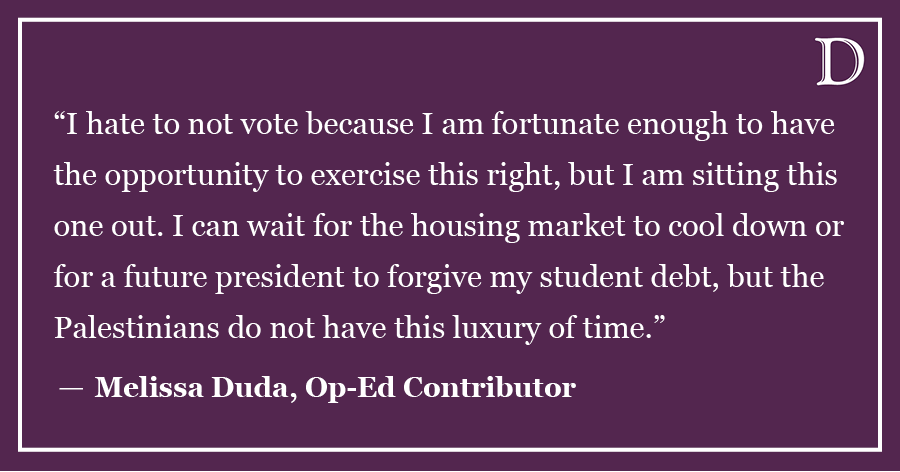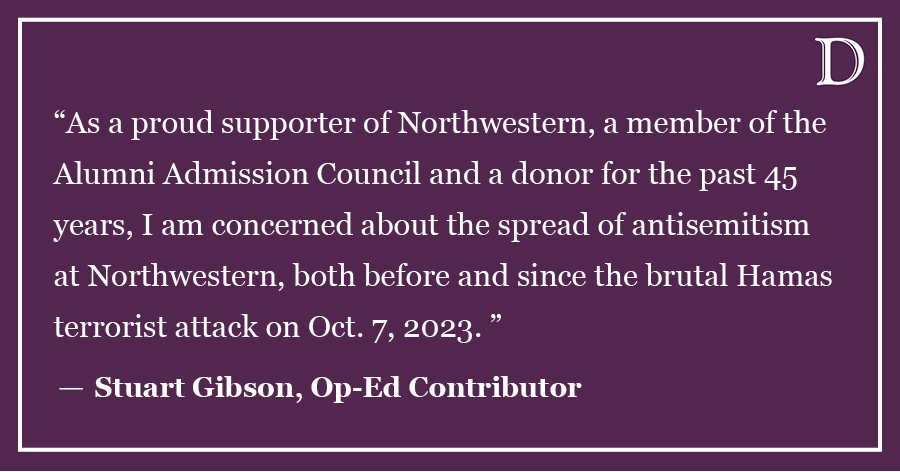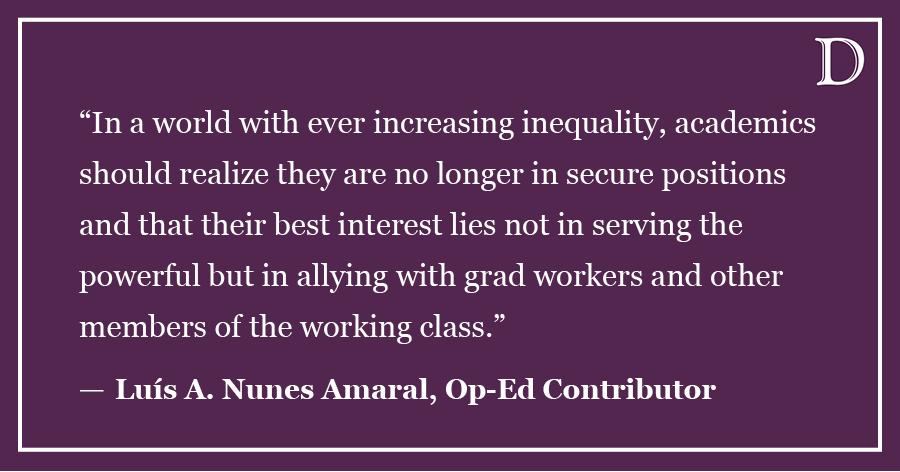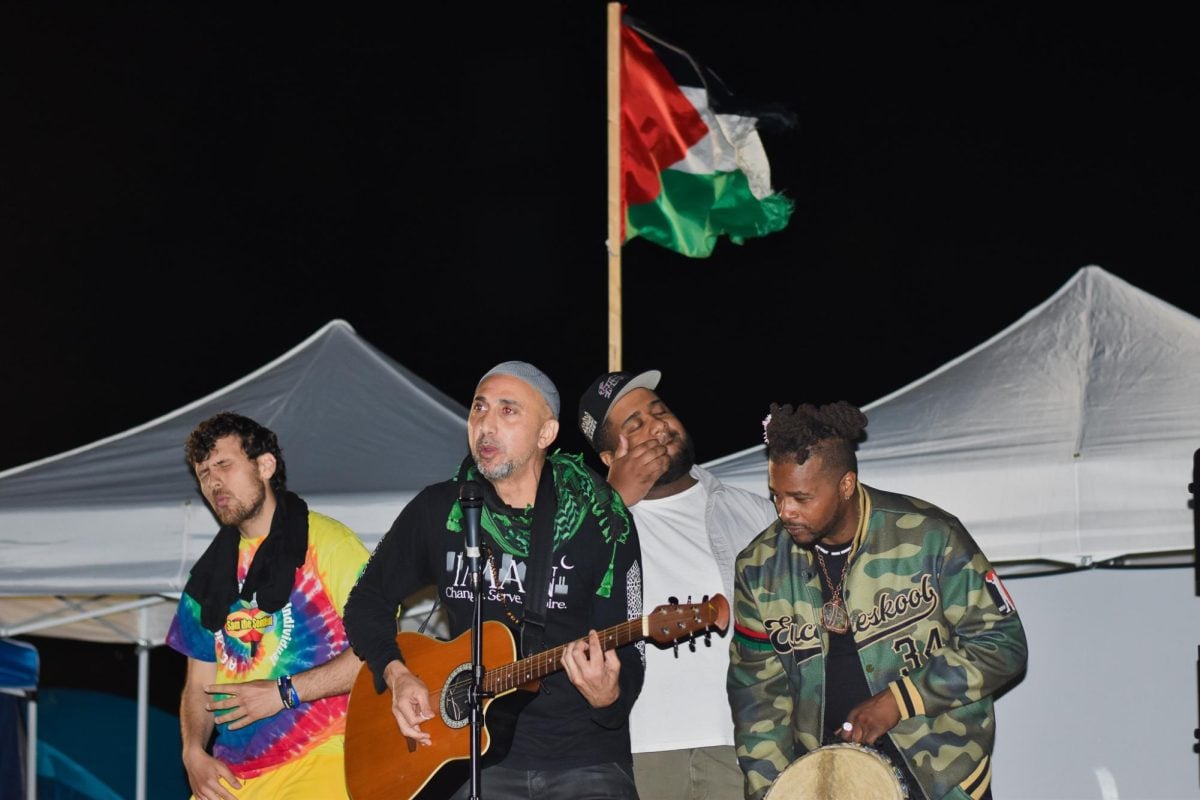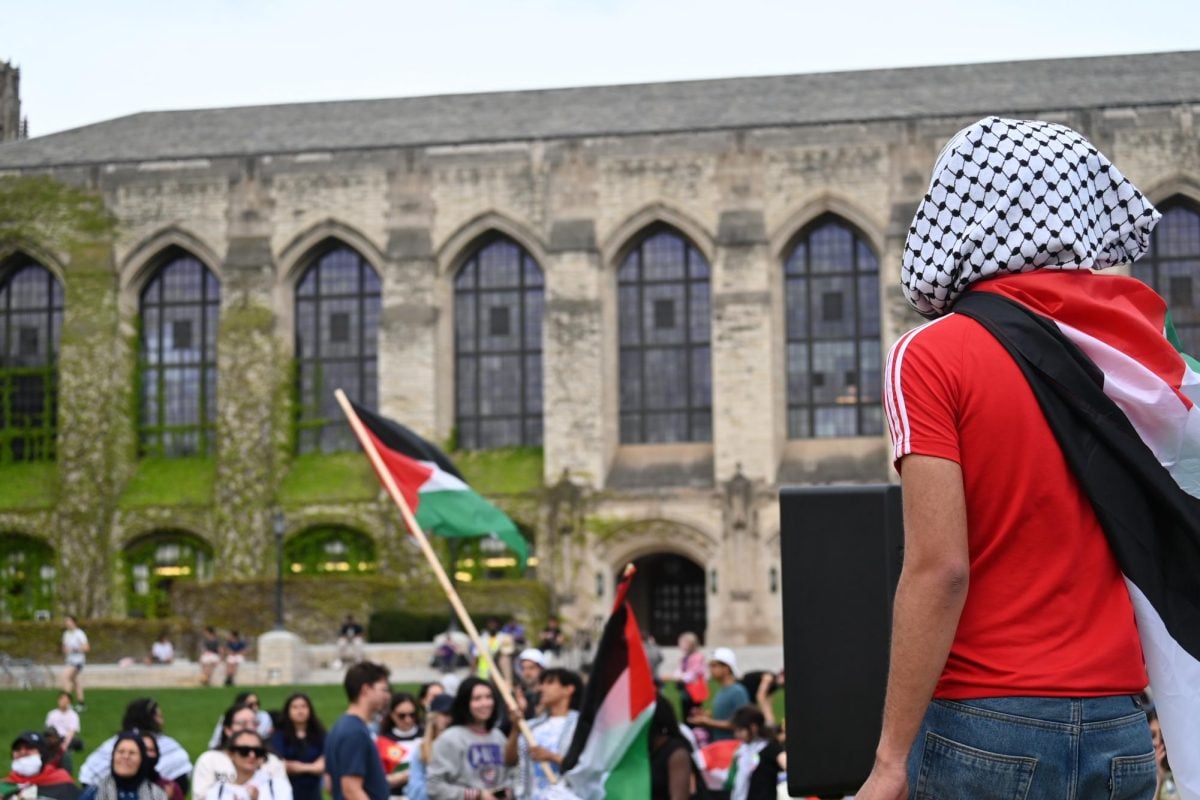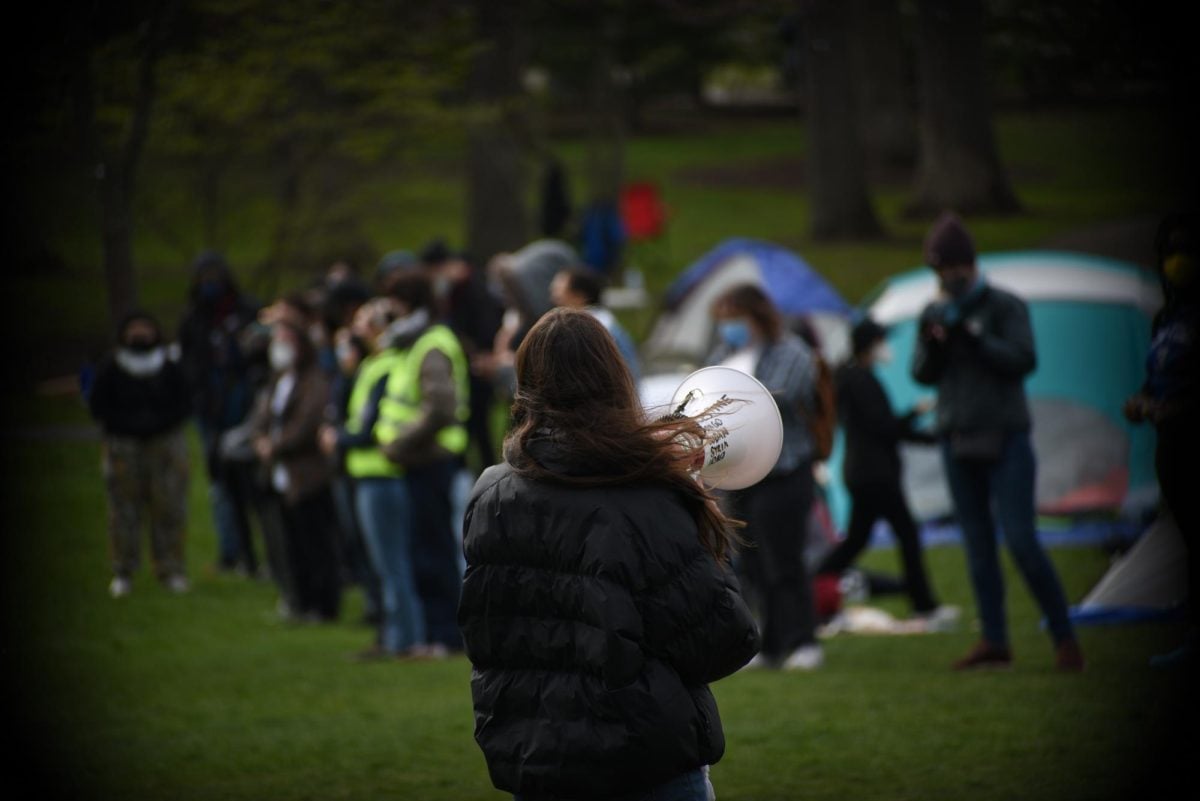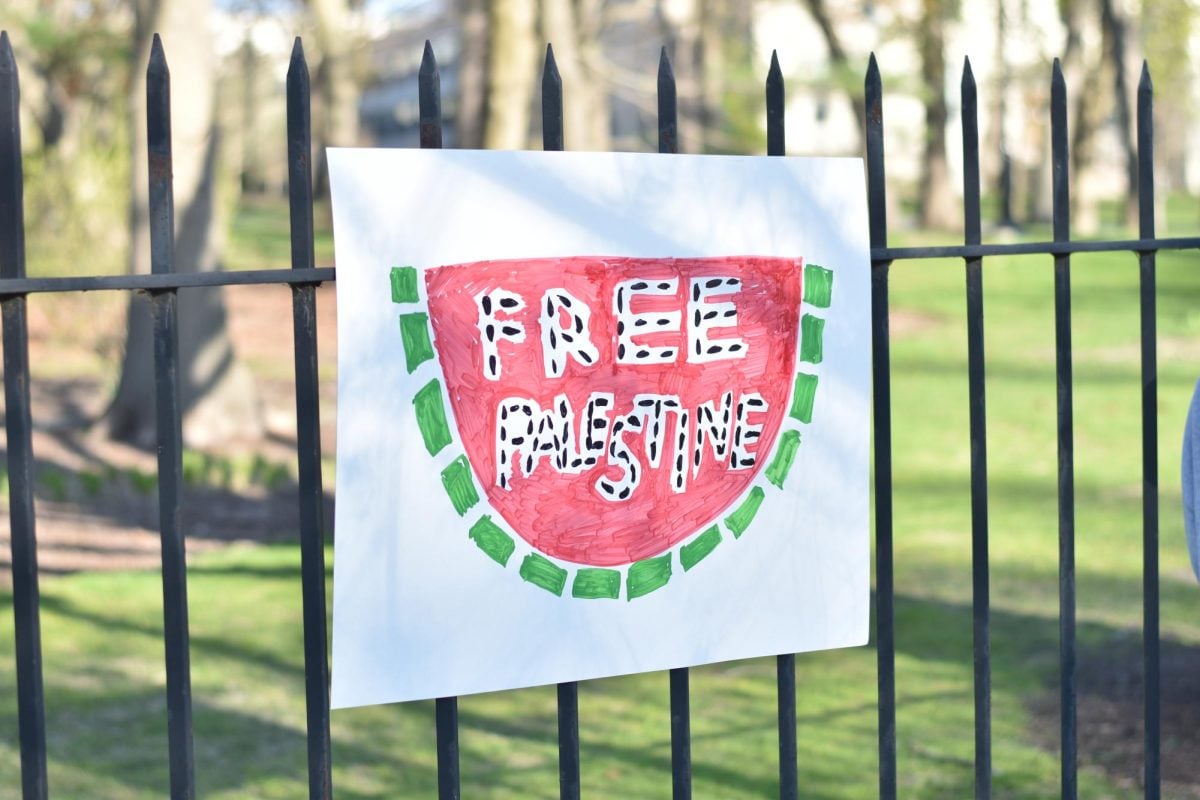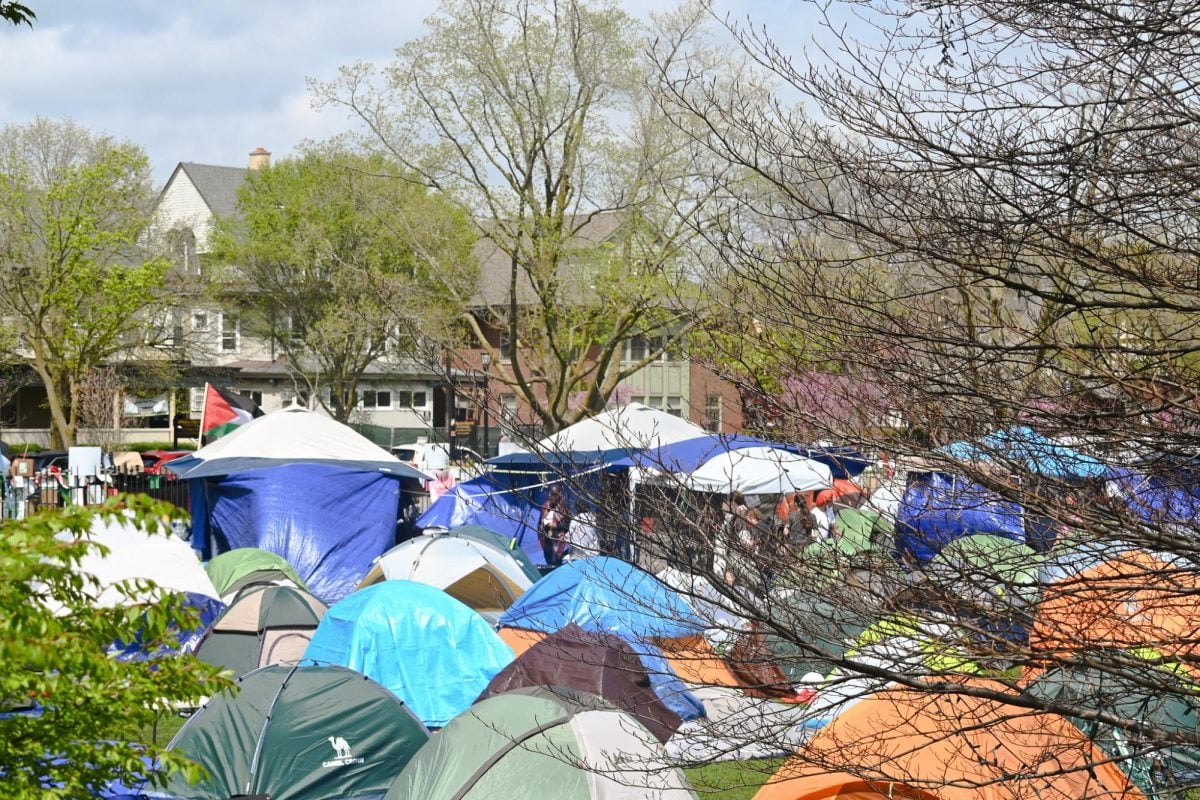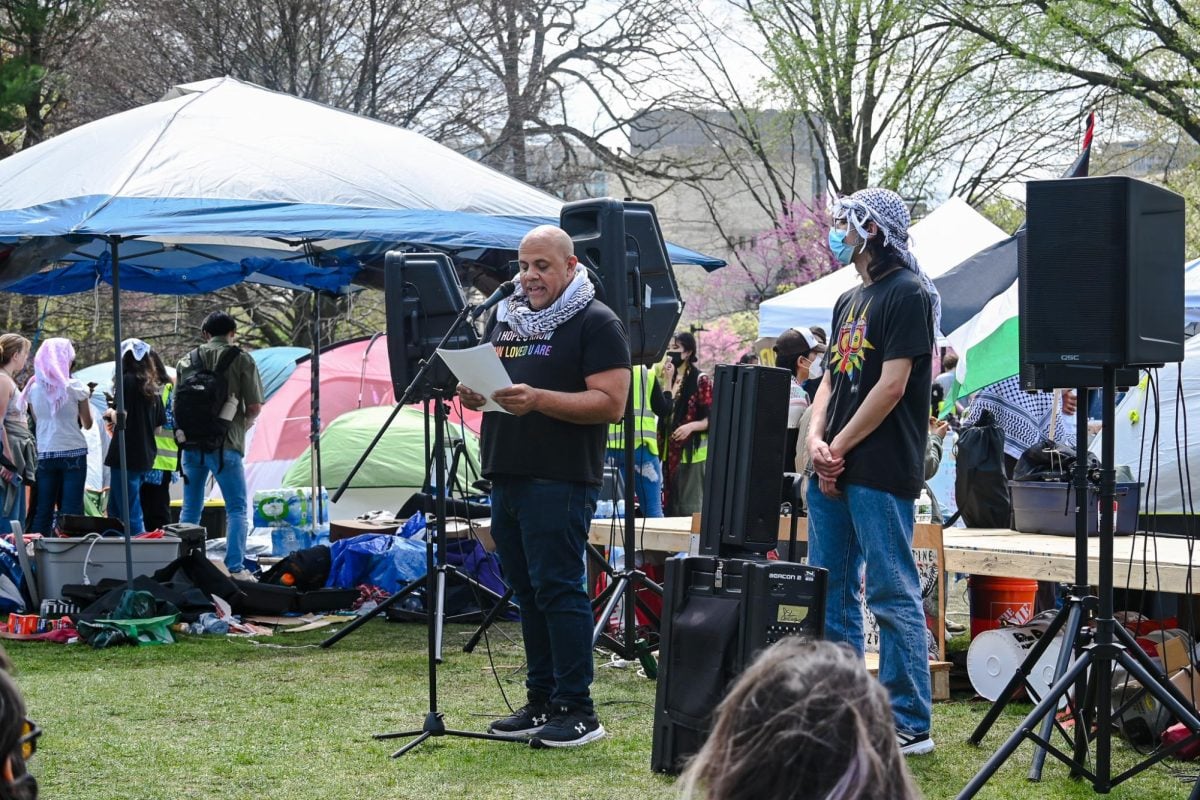“They think ‘Oh, you must be here to make me look good. That’s what gay guys are, right? You’re an accessory for my straight life?’… it doesn’t work that way.”- RuPaul Andre Charles.
Ever since I was a young, closeted gay kid, I was always trying to seek acceptance from my peers, despite the constant ridicule I faced from other classmates. I saw it all the time in movies: the token gay character as the cool, catty sidekick for the straight woman. Unfortunately, this narrative has prevailed, and straight women have begun to insert themselves into queer spaces with the same idea: gay men are accessories to straight people.
My first salient experience with this was at Roscoe’s Tavern, one of the most notable party places for queer people in Chicago’s Northalsted neighborhood. After living the Scarlet Bar experience to the fullest, I decided to explore more of Northalsted, visiting the famous Roscoe’s for the first time. As my boyfriend and I waited, a group of people came behind us in line and started chatting with us. Almost instantly, one woman in the group in particular was vocal about her time in gay bars; she loves coming to them, and one of her best friends is gay — a GBF, just like in these movies.
The fact she pointed this out seemed especially suspicious to me, as if she was proving she could be there. She knew we were gay; she told my boyfriend and me how cute of a couple we were. She told me about Roscoe’s: the craziness of the dance floor, the kinds of people that go and how I should spend my time there. I raised my eyebrow a bit since she, a straight woman, was telling me how to go about my time at a gay bar, using her seemingly annoyed GBF as an excuse to come to gay bars often.
We didn’t see her again after getting in. I went to the dance floor, and there wasn’t anything off about it to me, just some guys without shirts dancing and grinding, some with leather attire. To me, it seemed like she wasn’t used to how people dress and dance at gay clubs.
I had a good time, so I returned another night –– only to be met with another weird moment. A friend of mine was making out with another guy, and four phones were pulled out to record a video. I knew we were in public, but that seemed like a breach of privacy that could jeopardize safety. The four people recording seemed like they were all women, so I began to research straight women in queer spaces, and sure enough, there was a heap of literature on the topic.
Jason Orne’s book, “Boystown: Sex and Community in Chicago,” discusses Northalsted’s different queer spaces and how as gay men are becoming more accepted, queer spaces, specifically bars, are becoming less queer and more marketable to straight patrons. All in an effort to make the most money as straight families continue gentrifying the neighborhood. Orne describes the phenomenon as “straight women on safari” to describe their appeal to gay bars and how gay men perceive it as an opportunity for straight women to explore queer culture in a palatable way. There’s a variety of research backing this up, specifically from Sociologist Jaime Hartless.
Gay bars are not exhibits, and we are not zoo animals. We are not an attraction to be visited by straight people for the sake of experiencing a new culture without trying to respect it. After telling one of my best friends, a trans woman, about the straight woman at Roscoe’s, her first reaction was that she “[doesn’t] want to be a zoo animal.”
Queer people are acutely aware of this phenomenon.
Every time a straight woman “on safari” decides to party in Northalsted, she is taking up space that wasn’t designed for her, to the detriment of the queer community. Northalsted has been a safe haven, or Gay Disneyland as Orne calls it, for gay men in Chicago for decades, and we need to protect this pillar of gay history and representation.
I don’t want gay bars to become obsolete. Unless I can shake my ass to Kylie Minogue at a straight club without feeling judged (let alone go to a straight club that plays Kylie Minogue), I will continue to favor gay bars over straight ones. Straight people coming into gay bars, I don’t think, is a bad thing, except when they give a reason for queer people to feel looked down upon or unsafe.
I also want to make it very clear that gay men aren’t always the most accepting of other queer identities, and the segregation of queer spaces is part of the problem. A 2014 study published in Social Science Quarterly found that queer people are separating themselves into groups instead of creating melting pot spaces where all queer people can equally have a good time. I’ve seen women being barred from queer spaces, especially women of color, even if they are in fact queer. (This is why Boystown was renamed Northalsted.) What’s the point of queer spaces if they aren’t welcoming to all queer people?
The discussion of queer spaces is very complicated and long, especially because shared spaces are important. But this shouldn’t stop us from facing harsh realities: that queer people are not at a place where we feel fully accepted. Next time you decide to enter queer spaces, make sure you are respecting the culture there is to offer, especially through the language you use with us. Queer people have fought for our own spaces for a long time, and we deserve to express ourselves freely without judgment from straight people.
So, just a reminder: just because you have a gay friend does not mean that you are not part of the problem. Next time you find yourself in queer spaces, I’d encourage you to think about how you might actually be the problem.
Isaiah DeLeon is a Weinberg junior. He can be contacted at [email protected]. If you would like to respond publicly to this op-ed, send a Letter to the Editor to [email protected]. The views expressed in this piece do not necessarily reflect the views of all staff members of The Daily Northwestern.


